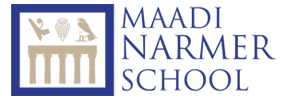The Early Years Foundation Stage EYFS is a Comprehensive statutory framework that sets standards for the development, learning, and care of children.
It is based on a coherent “hands-on” education programme, which is appropriate for the children’s stages of development and identifies the attitudes, skills, knowledge & understanding that children need to achieve the Early Learning Goals.
There are seven areas of development that form the basis of the curriculum in the Foundation Stage (FS1 & FS2):
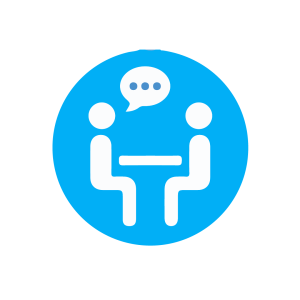
Communication & Language Development
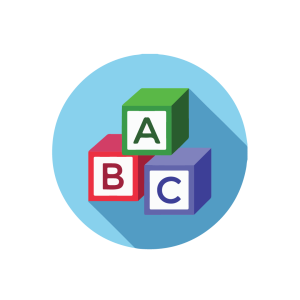
Literacy
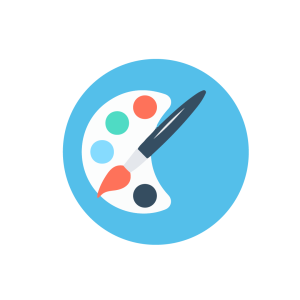
Expressive Arts & Design
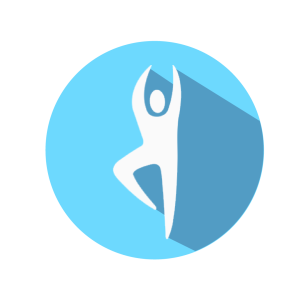
Physical Development
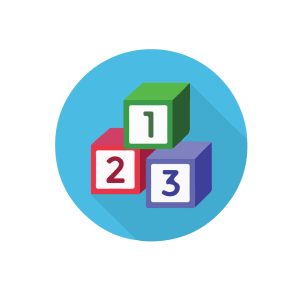
Mathematics
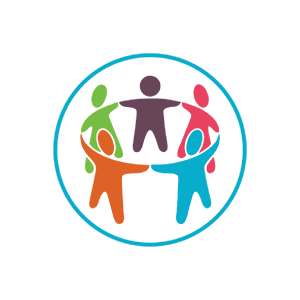
Personal, Social & Emotional Development

Understanding of the World
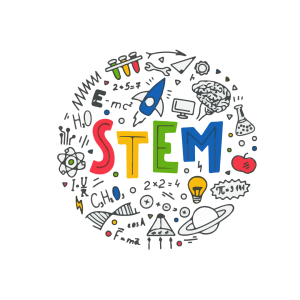
STEM
An integrated curriculum, that connects different areas of study like Physical Education, Art, Music, Drama, Science, and STEM, as well as Egyptian Culture and French or German as a second language, in addition to the daily English, Mathematics, and Arabic lessons.
As a team of professionals, we believe that young children are individuals first, each with a unique profile of abilities. Therefore, we aim to ensure that learning is enjoyable for both children & teachers in early years foundation stage, with evident enthusiasm from all involved. In order to cater to the different areas of development, children will:
- Have access to learning activities that will develop their sense of achievement.
- Be engaged in relevant, interesting & enjoyable activities that enable them to consolidate & build upon their prior knowledge.
- Be exposed to a variety of learning experiences to match their different learning styles, which provides them with opportunities to be creative, reflective, practical & physical.
- Appropriately be challenged by setting high expectations.
- Be encouraged to develop social, emotional, cultural & ethical awareness.
- Make sustained progress over time in gaining knowledge & developing skills to become independent learners.
اللغة العربية
إن مرحلة رياض الأطفال من أهم المراحل العمرية في حياة الطفل حيث أنه يبدأ في التعامل و التواصل مع العالم الخارجي، و التعرف على كل ما يحيط به و أيضا إكتساب مهارات الإتصال و التواصل بشكلها الأول بما يتناسب مع عمره.
إن اللغة هي أداة التواصل، و عامل من عوامل بناء الشخصية، و نحن هدفنا الأول و الأساسي هو إعداد طفل سوي مبدع متكامل الشخصية، لذلك فقد أولينا اللغة العربية عناية كبيرة؛ لبناء شخصية الطفل و تنمية قدراته و اكتشاف مواهبه، و ذلك نسعى لتحقيقه عن طريق:
- جعل الطفل محور العملية التعليمية.
- تنمية مهارات اللغة العربية عند الطفل (إستماع – تحدث – قراءة – كتابة) بطرق شيقة و ممتعة للطفل كالتعلم باللعب و الإستكشاف و الغناء و التمثيل، و غيرها من الأنشطة التي تساعده على التمييز المعرفي و السمعي و البصري و الحركي، و ذلك يكون تدريجيا حسب المرحلة العمرية، و مع مراعاة الفروق الفردية.
- إستخدام استراتيجيات التعلم النشط التي تجعل الطفل يشارك بإيجابية في مختلف المواقف التعليمية، و يستطيع التعبير عن نفسه بلغة سليمة.
- إكساب الطفل القيم الأخلاقية و الإجتماعية و العادات النافعة، و تعديل سلوكياته بطرق تربوية.
بهذا نستطيع إعداد طفل يحب لغته و يستعملها بيسر و سهولة في حياته، و يكون مؤهلا للمرحلة التعليمية التالية.
